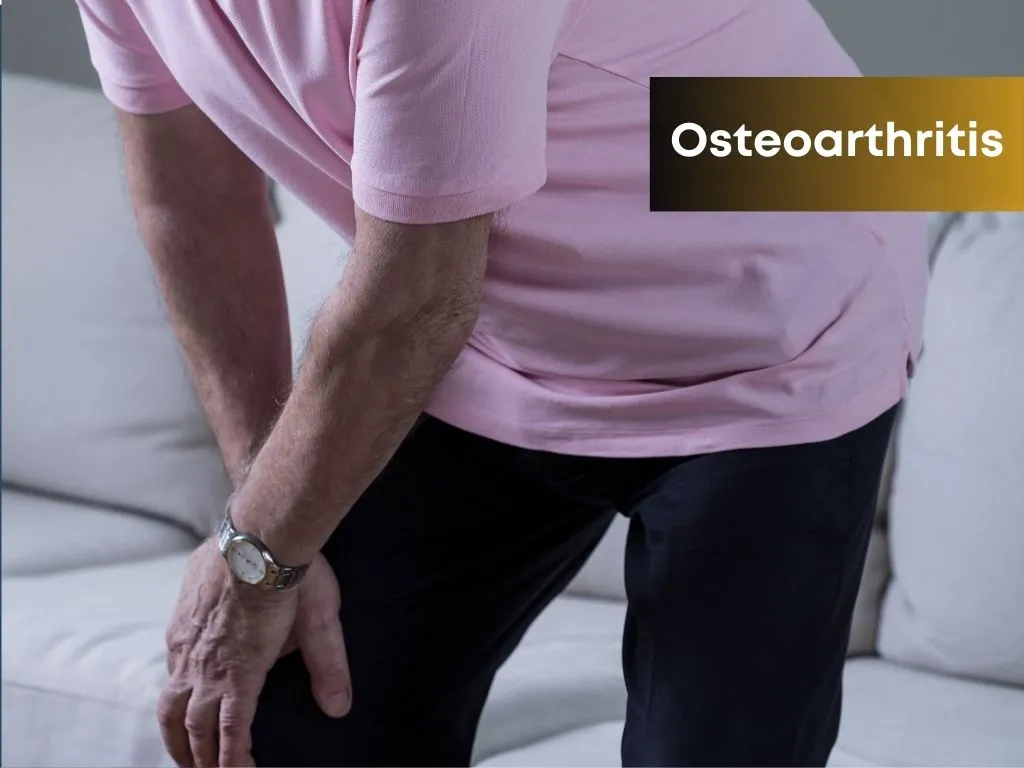Overview
Muscular dystrophy refers to a group of genetic disorders characterized
by the progressive weakening and degeneration of the body's muscles. The condition is caused by mutations in genes
responsible for the structure and function of muscles, leading to the gradual
breakdown of muscle fibers and the eventual loss of muscle tissue.
Types of Muscular Dystrophy:
Duchenne Muscular Dystrophy (DMD)Becker Muscular DystrophyFacioscapulohumeral Muscular DystrophyMyotonic DystrophyLimb-Girdle Muscular DystrophyCongenital Muscular Dystrophy
Causes
The genes implicated in different types of muscular dystrophy include:
Duchenne Muscular Dystrophy (DMD) Becker Muscular Dystrophy (BMD Myotonic Dystrophy Limb-Girdle Muscular Dystrophy (LGMD) Facioscapulohumeral Muscular Dystrophy (FSHD)
Symptoms
The symptoms of muscular dystrophy can vary depending on the type and severity of the condition.
Muscle weakness Delayed motor milestones Frequent falls Difficulty with activities requiring muscle strength Progressive muscle wasting Contractures Respiratory difficulties Cardiac complications
Treatment: Modern Medicine
While there is currently no
cure for muscular dystrophy, some treatment options may include:
Physical therapyOccupational therapyAssistive devicesMedicationsRespiratory careSurgery
Treatment: Traditional Medicine
Assistive Devices:
Braces, Orthotics, Canes,Walkers, Wheelchairs, Scooters,
can help individuals with muscular dystrophy maintain
independence and mobility.
Regular Exercise: Healthy Diet:
Caution
Genetic Counseling:
If you have a family history of muscular dystrophy, consider genetic counseling.Understand the risk of passing on the condition to future generations.
Cardiac Monitoring:
Muscular dystrophy can affect the heart muscles.Regular cardiac evaluations are essential to detect any abnormalities early
Prevention
Prenatal TestingPreimplantation Genetic Diagnosis (PGDLifestyle and Environmental Factors
 Nalamaree Team
Nalamaree Team



. (20).jpg.webp)
















.jpg.webp)
